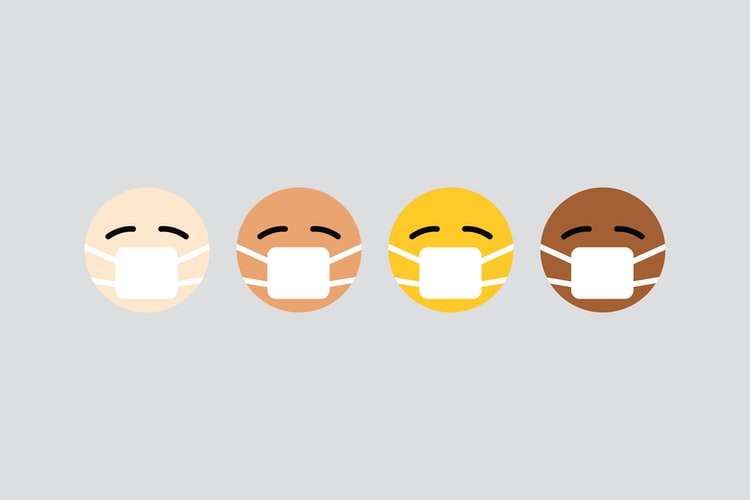
Long Haulers: New Study Looks at Risk Factors Linked to Lingering COVID-19 Symptoms
Baptist Health -- Science: Reports of so-called “long haulers” or “long-COVID” are rising — referring to people who have initially recovered from the coronavirus but carry some symptoms for weeks or months.
A new study has identified potential risk factors that make it more likely you could suffer long-term from the coronavirus.
The analysis by researchers at King’s College London, using data from the COVID Symptom Study app, found that 1 in 20 people with the coronavirus are likely to suffer symptoms for at least eight weeks. The study, published this week, examined data from 4,182 users of the app who had tested positive for the virus and had been consistently logging their symptoms.
The researchers found that older or overweight people, women, those with asthma and those with a wider range of symptoms in the first week of being sick were more likely to develop “long COVID.”
“Long COVID sufferers more commonly reported heart symptoms such as palpitations or fast heartbeat, as well as pins and needles or numbness, and problems concentrating (‘brain fog’),” a news release from Kings College London states.
The researchers found that most people with COVID-19 reported being back to normal in 11 days or less, but about one in seven (13.3 percent) had COVID-19 symptoms lasting for at least 4 weeks. About one in 20 (4.5 percent) stayed ill for 8 weeks, and one in 50 (2.3 percent) suffered symptoms for longer than 12 weeks.
CDC Broadens Definition of ‘Close Contact’ With Person Who has Tested COVID-19 Positive
The U.S. Centers for Disease Control and Prevention (CDC) has expanded its definition of what it means to be a “close contact” of a person who has tested positive for COVID-19.
The CDC’s previous definition referred to a close contact as someone who spent at least 15 minutes within 6 feet of a person with a confirmed case. The CDC now defines a close contact as someone who was within 6 feet of an infected person for a total of 15 minutes or more over a 24-hour period.
People who are considered close contacts are supposed to quarantine and get tested for COVID-19. The broader definition underscores the importance of wearing a mask and practicing social distancing, public health officials say. In a study published this week, the CDC and Vermont health officials found that multiple short exposures to people confirmed to have COVID-19 led to transmission of the virus.
During a contact tracing investigation, researchers discovered that the coronavirus was transmitted to a correctional facility employee who interacted with individuals later found to be positive for the coronavirus. The employee had 22 interactions totaling 17 minutes during an eight-hour shift.
Certain Blood Types May Be Linked to Severity of COVID-19 Symptoms, New Studies Indicate
Two new studies suggest that a person’s blood type may be associated with the risk of becoming infected with COVID-19 and may also be linked to severity of symptoms if infected.
**Wnctimes will feature articles about what is being discovered about the health of those who have had COVID-19


 How to resolve AdBlock issue?
How to resolve AdBlock issue? 